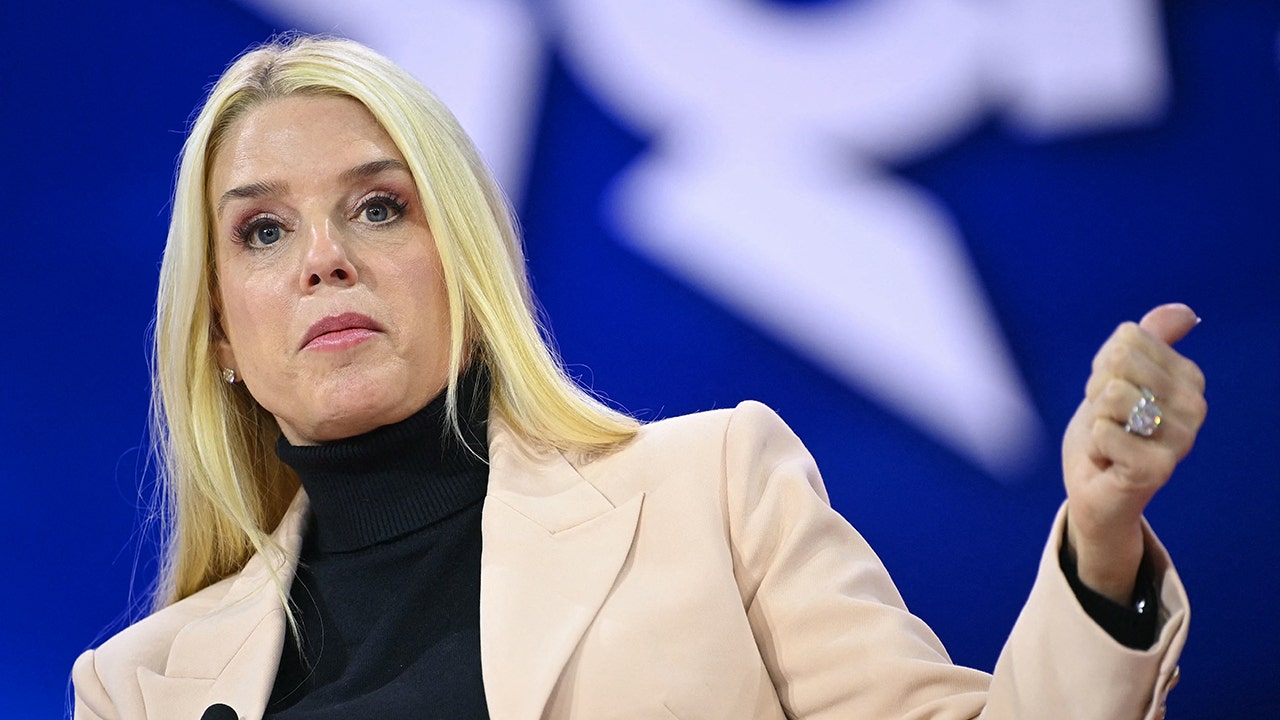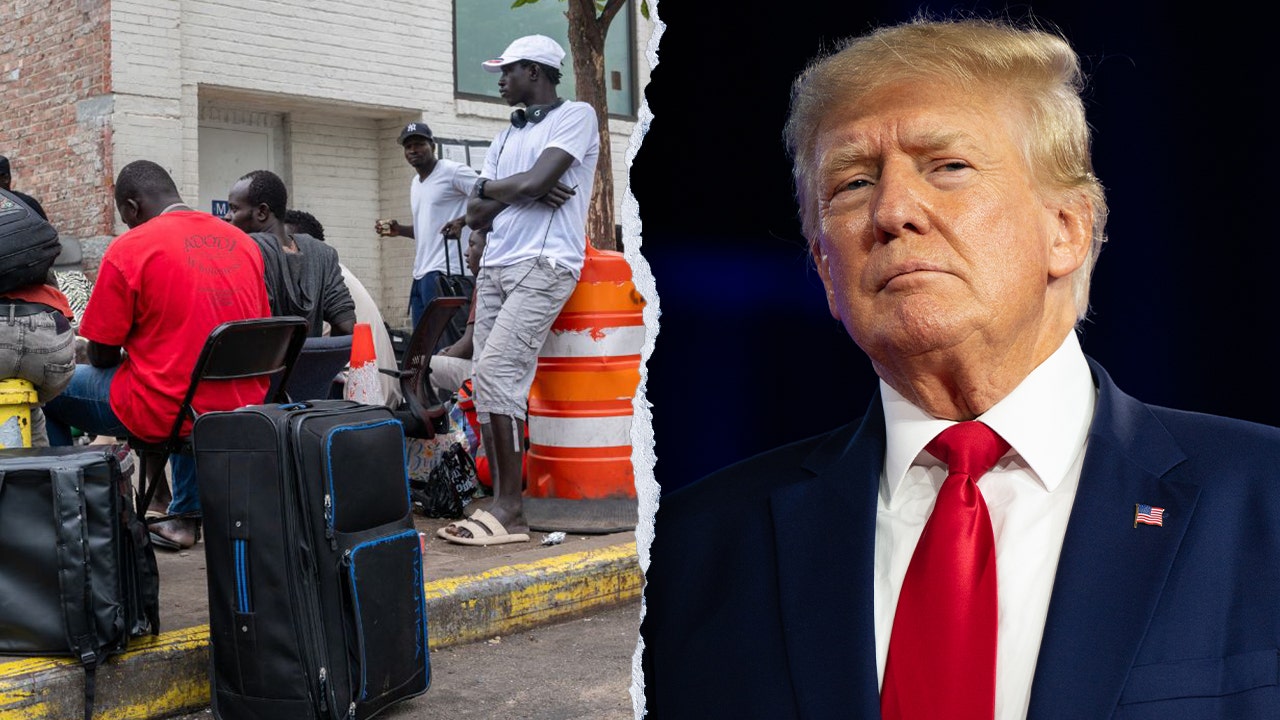I was probably about 9 or 10 years old when, on a summer night in a friend’s basement, a pal suggested we log onto a website called Omegle.
I’d never heard of it before. But we all crowded around one of our parents’ laptops, our pre-pubescent faces crowding the screen as the website shuffled us through random video chat feeds with complete strangers around the globe.
Some people were kind. Others told us to get off there — something I desperately wanted to do as I cowered out of the frame. One of my friends asked a teen boy with an accent where he was from, and he named a country we’d never heard of before.
But we were also served up images of people cutting, adult men in dimly lit rooms telling us we were “cute” (we quickly hung up on them), and — a first for all of us — a guy masturbating.
That’s when we closed the laptop for good, unsure of what we had just seen. And so we were vulgarly inducted into growing up online.
As a member of Gen Z, I don’t know a single female friend who hadn’t been on the receiving end of unwanted sexual messages, photos, and/or harassment online before their 18th birthday, both from strangers and/or men and boys they know in some way.
That’s because, no matter how many parental controls and blockers you apply, filters are always porous enough to let the dark underbelly of the internet in through a laptop or cellphone screen.
While the media often reports on the worst of the worst stories from social media — sex trafficking, blackmailing that ends in suicide, tweens eloping with strangers online — every single normal, well-adjusted young woman I know has confronted the dark side of being a girl online.
In fact, my Omegle anecdote isn’t at all unique.
Sophia Englesberg, a 23-year-old actress living in New York City, remembers being on the now-defunct website with a group of her 8th-grade friends in Pennsylvania when they came across a veteran and thanked him for his service.
“Then he took his c–k out and showed us, and then he put it in a vacuum nozzle,” she recalled. “‘[Omegle] is just like men waiting for girls.”
Englesberg, who has had a cell phone since she was 11, was only in 5th grade when she downloaded what she thought was a pet video game.
It was actually an anonymous messaging app where you chat as pet avatars, which led to her accidentally stumbling into a confusing sexual conversation.
“It slowly became a sex thing,” Englesberg, who didn’t know who was on the other side of the conversation, said. “They would describe very explicitly all the sexual things that they wanted to do to me … I was like, what does that mean, and then they would explain, but I’m in the fifth grade.
“I definitely learned a lot of sexual language through that, and it was crazy because I was totally in my own little world.”
Taylor Vahey, 24, has been on social media since she was 11 — and immediately she started swatting down “men with beards or grays” hitting on her or making comments about her appearance.
She was able to manage unwanted attention by blocking unsavory characters but says some of her friends got swept away by attention from older men they met on Instagram or playing video games online.
“By late middle school there were times where my friends would kind of be flattered or think it was cool, like, ‘Oh I’m Snapchatting with this guy, he’s in his twenties,’” Vahey, now a consultant for startups and living in Cape Cod, recalled.
Some of those friends traded explicit photos with adult men, she said.
I spoke to more than a dozen young women for this piece. Every one of them signed up for social media as a minor and reported receiving unwanted sexual attention online before turning 18 — and everyone shrugged that off as a given.
I’ve been on Instagram since I was 11, beginning with a private account.
When I briefly made my Instagram profile public in high school, my posts were flooded with flirtatious and sometimes gross comments from adult men — strangers complimenting my looks or describing their unsolicited sexual fantasies — most of which I deleted.
The direct messages were more direct, including one about “naughty things” from a middle-aged dad whose account featured photos of him with his kids.
Like all the other young women I interviewed for this story, I blocked those users.
In addition to receiving suggestive messages, Sofia Figueroa-Cruz, 21, a Miami college student says she has been exposed to vitriolic, sexist hate since she signed up for Twitter at age 15.
“That’s really the first time that I was exposed to misogyny … ,” she said. “I think that was my first glimpse into just sort of being mistreated.”
She sent me a tweet in which an anonymous stranger called her a “pig faced Jew” and said “you deserve to get raped so much.”
Many other similar messages were sent to her by middle-aged males while she was still under 18.
“My DMs would be full of it, even with just a small following. There was no reason I would be targeted like this,” she said.
And it’s not just strangers lurking online — many girls report being exploited by perpetrators closer to home.
Charlotte Brenner, a 21-year-old from Austin, Texas, working in the service industry, says girls are regularly getting exploited by their classmates.
As crazy as it may sound to anyone who came of age before Snapchat exploded in popularity, teens — both boys and girls — regularly swap nudes on the app, where photos disappear after a couple of seconds. But there are also stealthy apps that allow users to download and save images sneakily.
“All the boys in our sophomore year of high school apparently had a group chat where they traded girls’ nudes like baseball cards,” Brenner said. “They say, ‘Hey, I’ll give you four of Jade’s for one of Natalie’s.’”
Brenner said she has never sent nude photos herself, but added that she’s “one of the few people I know who has never sent a photo.”
Some young women I spoke with recalled unwittingly being groomed by adults as they came of age on the internet.
One 21-year-old college student from Florida — who asked to withhold her name out of fear she could be targeted online — told me she was “sexualized” on the internet from the age of 11 when she started to engage on Tumblr and message boards dedicated to online fandoms for YouTube celebrities.
“Getting into group chats, everybody’s allegedly your age, but you never actually know. And, of course, being a naive kid, you just believe them,” she said.
She recalled that self-professed adults online corralled conversations about sexual topics and pressured her to describe her sexual encounters as she wrestled with questions about her sexuality.
“I would be told, like, ‘Oh, well, if you’re trying to figure [your sexuality] out, why don’t you just go and kiss your friend, and tell us about it,’” she said. “Some of them were adults at the time while I was still in high school.”
The experience caused the young woman, who now identifies as straight, to question her gender and sexuality and to isolate herself from her friends and family.
“The internet feels very disconnected from reality,” she said. “You are surrounded by people that are inevitably going to sexualize you.”
Zoomer girls are the first generation to have unknowingly participated in a mass experiment: What happens when you hand tween girls a palm-sized portal to all the darkest potential humanity has to offer?
We are the first adults emerging with stories of what it’s really like to grow up online.
While they might enjoy using technology and social media, every young woman I spoke to for this story expressed some regret for having grown up in the digital age.
As Brenner told me, “I wish I grew up in the 1970s when my mother grew up.”
Read the full article here


:focal(900x386:902x384)/origin-imgresizer.eurosport.com/2024/11/23/4064896-82435568-2560-1440.jpg)












